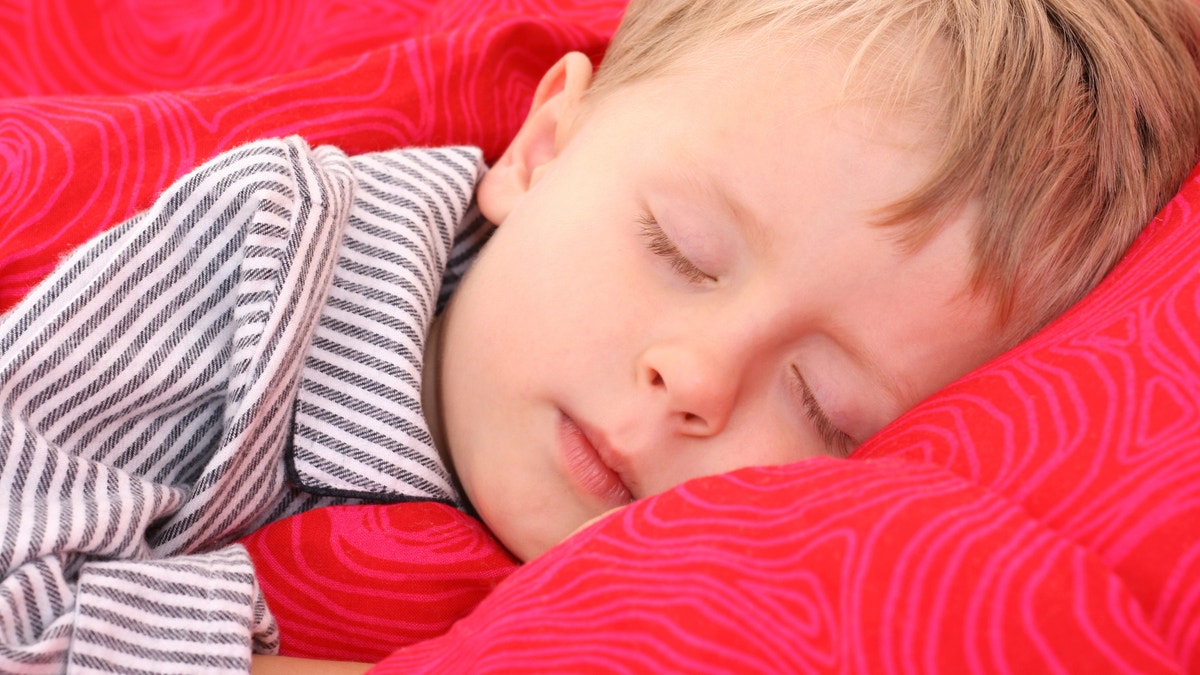
(iStock)
New mobile applications for tracking bedwetting may improve on traditional pen and paper diaries, but the apps vary in quality, according to a new study.
For kids who wet the bed at night, keeping a "bladder diary" of events helps evaluate whether treatments are working or not. But pen and paper diaries can be inconsistent and parents may not always use them.
"For health professionals, the most important tools for diagnosis and treatment of enuresis (bedwetting) is being able to obtain a thorough history or 'timeline' of events from parents," said lead author Michael Myint of Prince of Wales Hospital and Sydney Children's Hospital in Australia.
"If recommended by a doctor or health professional, parents should keep a bladder diary," Myint told Reuters Health by email. "Not all children require a bladder diary."
Some have proposed that electronic diaries may be easier to use and more acceptable.
Myint and his coauthors searched for all publicly available bedwetting apps developed for Apple, Android and Blackberry devices, which turned up more than 1,000 results.
After excluding those that did not include a bladder diary, discussed alternative treatments, related to gynecological or oncological content, had product advertisements, provided entertainment or adult-related material, or were not in English, 24 apps remained for review.
Most were free to download, the rest ranged between Australian $1.09 and $6.49 (U.S. $.77 - $4.58). Only eight of the 24 apps had reviews posted by users.
Design and usability varied widely, as the researchers describe in the Journal of Pediatric Urology.
Only three of the apps defined "enuresis," or bedwetting, in accordance with the International Children's Continence Society.
The top three apps, as rated by a pediatric urology consultant, were My Dryness Tracker, Bedwetting Tracker and HapPee Time.
"However, these applications are far from perfect and we believe further development of bladder diaries in conjunction with medical associations is required," Myint said.
Bladder diary apps on a smartphone may allow record keeping to be easier and more convenient, which would in turn increase the accuracy of the data collected, Myint said.
"However, it is personal preference as to what parents and their doctors favour. Some may prefer to keep a tangible pen and paper bladder diary and that is also fine," he said.
"There are many reasons why a child may develop enuresis or 'bed wetting' ranging from physiological to psychological factors and it is important to see your doctor about bedwetting to determine the cause and how to effectively manage it," Myint said.
Parents should always speak to a doctor before beginning a bladder diary, whether electronic or pen-and-paper, he said.
"While there are a variety of bladder diary apps available to the general public, it is important to discuss the modality and method of data collection with a doctor or health professional," Myint said.








































